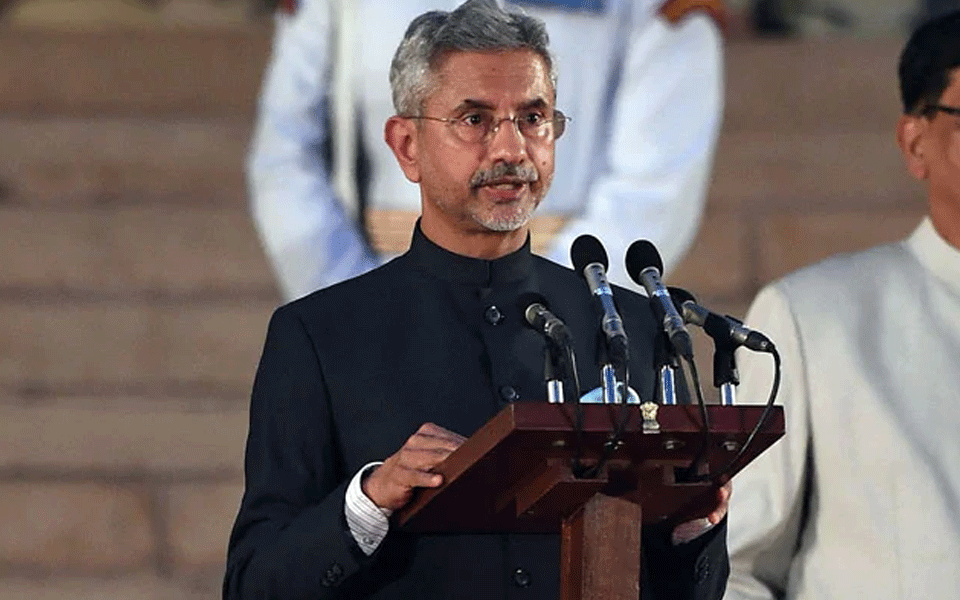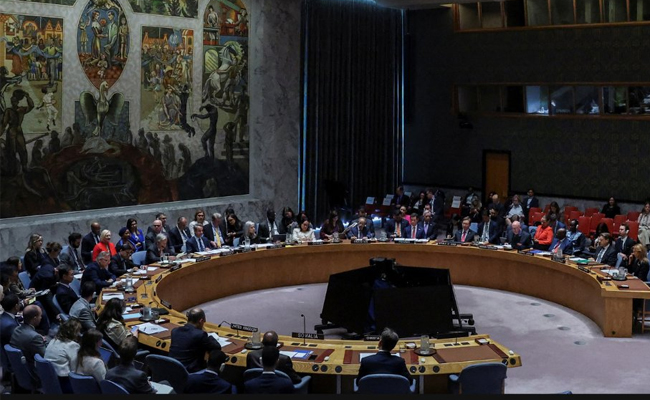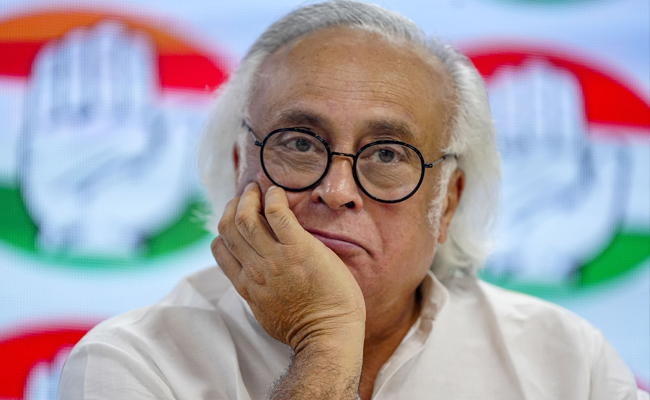Houston: Several Indian-Americans in Texas have welcomed the appointment of S Jaishankar as the External Affairs Minister, saying he was instrumental in negotiating India's civil nuclear agreement with the US.
The 64-year-old former foreign secretary's appointment to the key post is seen as Prime Minister Narendra Modi's attempt to add further strategic heft to India's external engagement.
"Houston was the first city he visited when he was appointed India's Ambassador to the US in 2013," Indo-American Chamber of Commerce of Greater Houston (IACCGH) Founding Secretary/Executive Director Jagdip Ahluwalia said.
During his trip, Jaishankar had said that Houston has a special relationship with India as its trade with the country is about USD 8 billion, more than some countries, he said.
"The Chamber looks forward to welcoming him back to Houston on the Chamber's 20th anniversary this year," said Chamber President Swapan Dhairyawan.
Jeff M Smith, research fellow at South Asia-Heritage Foundation and author of 'Cold Peace: China-India Rivalry' and 'Asia's Quest for Balance' tweeted: "I've sung his praises before and I'll do it again: S Jaishankar is a uniquely skilled diplomat. Having him in the cabinet will be a great asset for India, for Modi 2.0, and for India's relations with both China and the US".
External Affairs Minister S Jaishankar, in his first official Twitter post, said on Saturday that he was "proud to follow on the footsteps" of his predecessor Sushma Swaraj.
Jaishankar, considered an expert on China and the US, served as foreign secretary from January 2015 to January 2018 and both he and Swaraj were credited for bringing vibrancy in India's foreign policy.
He was a key member of the Indian team which negotiated the landmark Indo-US nuclear deal. The deal, initiated in 2005, took several years to craft, and was signed by the UPA government headed by Manmohan Singh in 2007.
Let the Truth be known. If you read VB and like VB, please be a VB Supporter and Help us deliver the Truth to one and all.
Hyderabad (PTI): As many as 22 temporary roadside sheds where furniture was manufactured and sold have been gutted after a fire broke out in one of them here, and no one was injured in the incident, police and fire department officials said on Wednesday.
This massive fire accident occurred in an area under the Bachupally police station limits at around 11 pm on Tuesday. After originating in one of the sheds, the flames spread quickly to adjacent sheds, destroying wooden furniture and other materials required for manufacturing furniture.
Six fire tenders were rushed to the spot, and the fire was extinguished, a police official said.
Based on preliminary investigation, the official said the blaze started due to a short circuit.
Eye-witnesses have stated that there was a short circuit on a pole, and the wire fell onto the sofas, which caught fire. Within minutes, the fire spread, police said.





